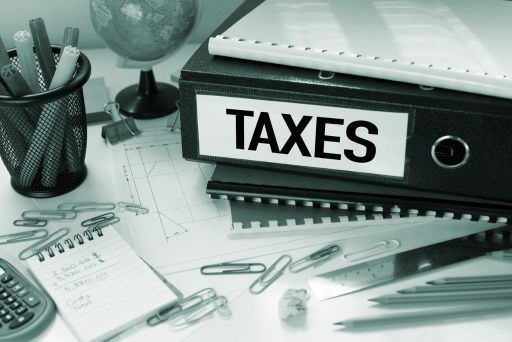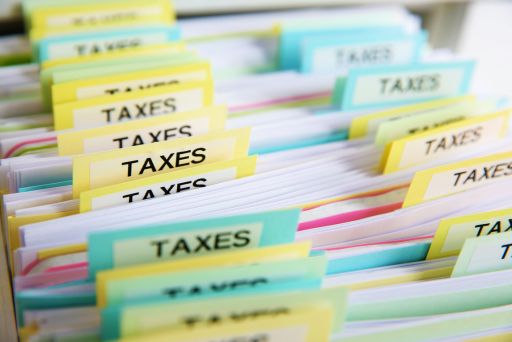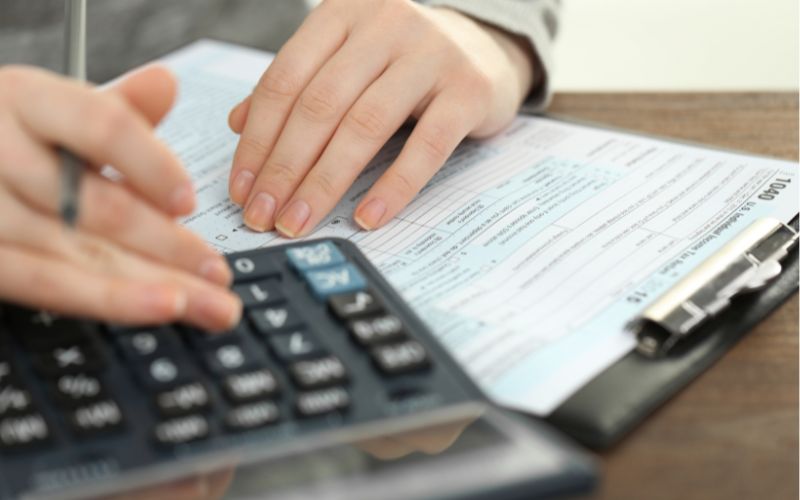Operating profit margin is a crucial profitability ratio that provides insight into a company’s financial performance. By understanding how to calculate operating profit margin, businesses can better evaluate their operational efficiency and make informed decisions. This article will delve into the components, calculation, and significance of the operating profit margin, helping you grasp its importance in analyzing a company’s profitability.

What is Operating Profit Margin?
Operating profit margin is a measure of what proportion of a company’s revenue is left over after paying for variable costs of production such as wages and raw materials. It is an indicator of the efficiency with which a company manages its operating expenses.
The operating profit margin is vital because it helps stakeholders understand how well a company is performing in its core operations. A higher margin indicates better operational efficiency and a stronger competitive advantage within the same industry.
Key Components of Operating Profit Margin
Revenue
Revenue is the total amount of income generated by the sale of goods or services related to the company’s primary operations. It is often referred to as the top line on the income statement.
Operating Expenses
Operating expenses include costs that a company incurs through its normal business operations. These expenses encompass cost of goods sold (COGS), administrative expenses, direct labor, and other direct costs associated with the production and delivery of goods or services.
Operating Income
Operating income, also known as operating profit, is the profit realized from a business’s core operations. It is calculated as the difference between revenue and operating expenses.
How to Calculate Operating Profit Margin
The operating profit margin formula is as follows:
Operating profit is determined by subtracting all costs of goods sold (COGS), depreciation, amortization, and relevant operating expenses from total revenues. Operating expenses encompass costs beyond direct production, such as salaries and benefits, rent and related overhead, and research and development expenses. The operating profit margin is the percentage of operating profit relative to total revenue. For instance, a 15% operating profit margin means $0.15 of operating profit for every $1 of revenue.
Factors Affecting Operating Profit Margin
1. Industry Characteristics
Different industries have varying operating margins due to distinct business models and cost structures. Therefore, it is essential to compare a company’s operating profit margin to the industry average for a more accurate assessment.
2. Cost Management
Effective management of operating expenses, such as direct costs, fixed costs, and variable costs, can significantly impact the operating profit margin. Companies that excel in controlling these expenses generally have higher operating margins.
3. Pricing Strategy
A company’s ability to price its products or services effectively also affects its operating profit margin. Higher prices can lead to higher margins if the market demand supports it.
4. Revenue Growth
Growth in revenue without a corresponding increase in operating expenses can improve the operating profit margin. Efficient scaling of operations can contribute to this growth.

Understanding and Utilizing Operating Profit Margin
Operating Profit Margin is distinct from Net Profit Margin as it focuses on a company’s operational profitability by excluding financing costs like interest payments and taxes.
For instance, an acquirer evaluating a target company for a leveraged buyout would examine the operating profit margin to identify potential operational improvements. This metric offers insight into the target company’s performance relative to its peers, particularly in terms of expense management and profitability maximization. The exclusion of interest and taxes is useful, as a leveraged buyout introduces new debt, making historical interest expenses irrelevant.
Operating profit margin reflects how effectively a company is managed, given that operating expenses—such as salaries, rent, and equipment leases—are variable costs. While direct production costs, like raw materials, are less controllable, management has significant discretion over spending on office rent, equipment, and staffing. Consequently, the operating profit margin is often considered a better indicator of management strength compared to gross or net profit margins.
Operating Profit vs. Gross Profit
It’s important not to confuse operating profit with gross profit, as they represent different financial metrics. Gross profit is the total revenue of a company minus the direct expenses related to the production of goods for sale, such as the cost of goods sold (COGS). Companies report gross profit on their income statement, and it is calculated as:
Gross Profit = Revenues – COGS
Operating profit, on the other hand, is derived from gross profit and represents the remaining income after accounting for all business-related costs, including operating expenses, depreciation, and amortization. The formula for operating profit is:
Operating Profit = Gross Profit – Operating Expenses – Depreciation – Amortization
Operating Profit vs. Earnings Before Interest, Taxes, Depreciation, and Amortization (EBITDA)
It’s important to distinguish between operating profit and EBITDA, as they serve different purposes. Operating profit is an accounting measure used by stakeholders interested in a company’s operational profitability. In contrast, EBITDA focuses on cash flow and is relevant to stakeholders concerned with the company’s cash generation.
EBITDA is calculated by taking operating profit and adding back interest, depreciation, and amortization. The formula for EBITDA is:
EBITDA = Operating Profit + Depreciation + Amortization
Tools for Calculating Operating Profit Margin
Operating Margin Calculator
An operating margin calculator is a useful tool that simplifies the process of calculating the operating profit margin. These calculators are available online and require inputs like revenue and operating expenses to compute the operating margin.
Margin Formula and Spreadsheets
Using spreadsheet software, you can create formulas to automate the operating profit margin calculation. This is particularly useful for comparing companies and tracking changes over time.
What is a Good Operating Profit Margin?
A good operating profit margin varies by industry. Generally, a higher margin indicates better operational efficiency. However, it is essential to compare the margin with industry peers for an apples to apples comparison.
Factors Influencing a Good Margin
- Industry standards: Some industries inherently have lower or higher margins.
- Company size: Larger companies might achieve economies of scale, leading to higher margins.
- Market conditions: Economic factors and market competition can affect margins.
Improving Operating Profit Margin
Cost Reduction
Companies can improve their operating profit margins by reducing operating expenses. This can involve optimizing employee benefits, cutting unnecessary costs, and improving operational efficiency.
Revenue Enhancement
Increasing revenue through strategic pricing, expanding market reach, and enhancing product offerings can also boost the operating profit margin.
Process Optimization
Streamlining operations, adopting new technologies, and improving supply chain management can lead to better cost control and higher operating margins.

Conclusion
Understanding how to calculate operating profit margin is crucial for assessing a company’s financial performance. This metric provides valuable insights into a company’s operational efficiency and ability to generate profit from its core operations. By effectively managing operating expenses and enhancing revenue, companies can improve their operating profit margins, ensuring long-term success and competitiveness in their industry. Using tools like the operating margin calculator and maintaining a thorough understanding of the operating profit margin formula are essential steps for any business professional or investor.













































